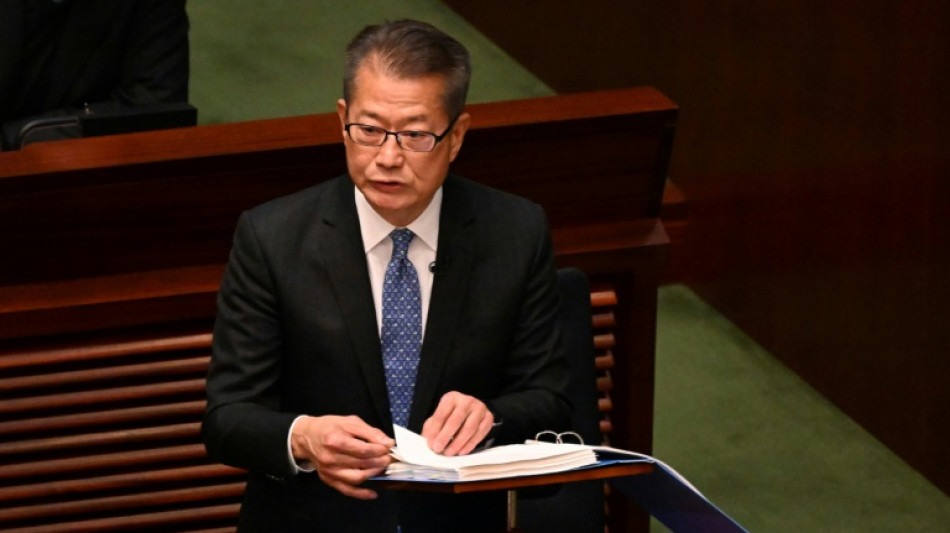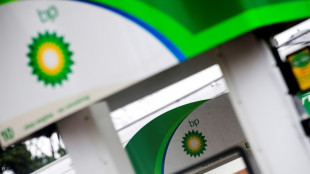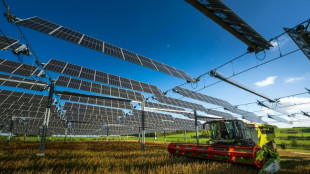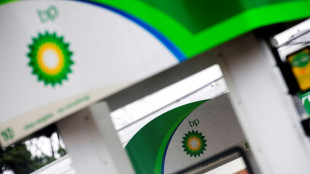

Hong Kong to slash public spending, build AI institute
Hong Kong will cut public spending and restore fiscal balance by mid-2027 after a string of huge deficits, the city's finance chief said Wednesday as he unveiled growth plans including an artificial intelligence institute.
Officials are under pressure to balance the books as Hong Kong faces its toughest fiscal test in three decades, with annual deficits exceeding US$20 billion in four of the past five years.
It is also being weighed by China's economic malaise and a looming US-China trade war, following an opening salvo of tariffs from President Donald Trump.
The economy is expected to grow between two and three percent this year, on par with last year's 2.5 percent.
Financial Secretary Paul Chan said in his annual budget speech that the government will contain spending in a way that minimises the impact on public services and livelihoods.
A "cumulative reduction" of government recurrent expenditure by seven percent through to 2027-28 would take place, he said.
"It gives us a clear pathway towards the goal of restoring fiscal balance in the operating account... within the current term of the government," which ends in June 2027, he added.
Chan announced a pay freeze for all branches of government and said around six percent of its 170,000-strong civil service will be trimmed by April 2027.
Other spending curbs include a cap on a transport subsidy for people aged above 60.
Hong Kong has long relied on land-related revenue to fill government coffers, but income from that plunged last year to US$1.7 billion -- the lowest in two decades.
Chan said Hong Kong's asset market was "under pressure" and that land-related revenue will rebound to US$2.7 billion this year.
The government said it would not put commercial land up for sale in the coming year amid high office vacancy rates.
- 'Northern Metropolis' -
To reverse the property slump, Hong Kong will also lower the stamp duty of homes valued under US$515,000.
Marcos Chan, from commercial real estate firm CBRE Hong Kong, said the budget had "fewer policy measures aimed at directly boosting property demand".
The finance chief said Wednesday that the government would spend HK$1 billion (US$129 million) to set up a Hong Kong AI Research and Development Institute, in a bid to make the city "an international exchange and co-operation hub for the AI industry".
The city is eager to lure back international visitors after its reputation took a hit from political unrest and pandemic-related curbs.
The government will allocate US$159 million to its tourism body to promote "distinctive tourism products" such as panda tourism and horse-racing tourism.
Chan's speech saw no public opposition, as authorities continued to crack down on dissent in the city.
Activists from the League of Social Democrats, one of the last remaining pro-democracy groups, cancelled their annual pre-budget petition citing "strong pressure".
The group planned to call for pay cuts for top officials, greater government accountability and halting costly infrastructure projects such as the "Northern Metropolis".
But Chan said on Wednesday the government will push ahead with the project, which aims to integrate Hong Kong more closely to its neighbour Shenzhen.
"We must accelerate the development of the Northern Metropolis. It is an investment in our future," he said.
The government will issue up to US$25.1 billion in bonds every year until 2029-30 to fund its infrastructure ambitions.
The International Monetary Fund said last month that Hong Kong was "recovering gradually after a protracted period of shock".
The city's benchmark Hang Seng Index, which has rallied to a three-year high thanks to a recent surge in mainland tech companies, rose more than three percent Wednesday.
I.Servais--JdB



